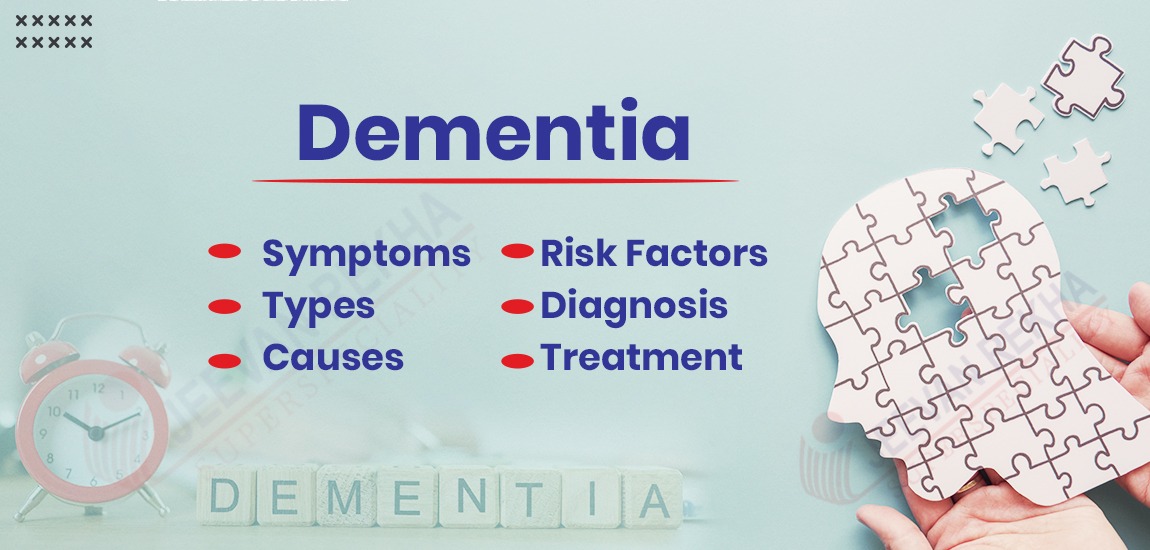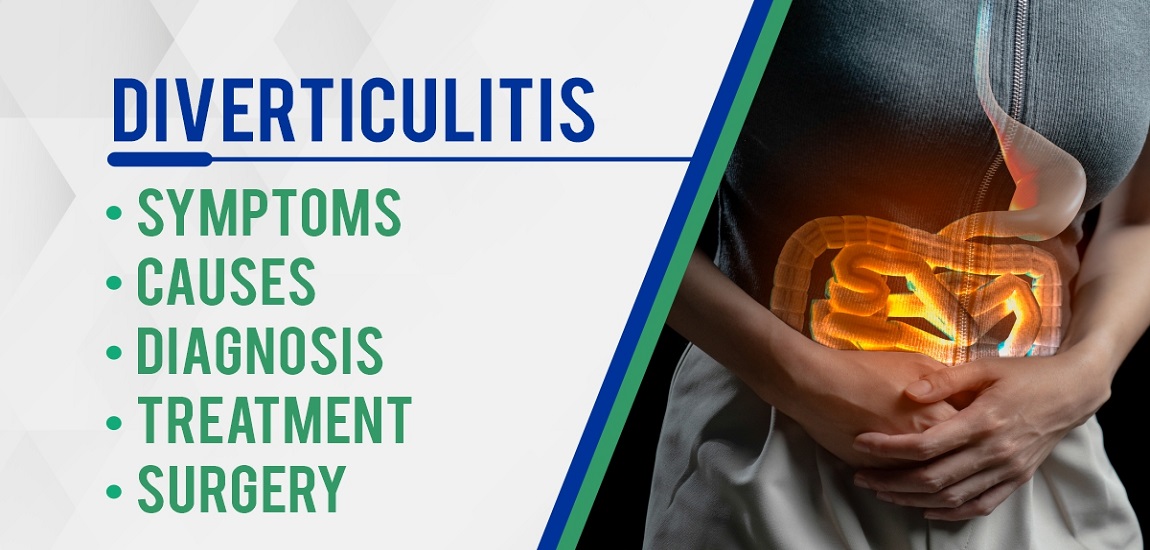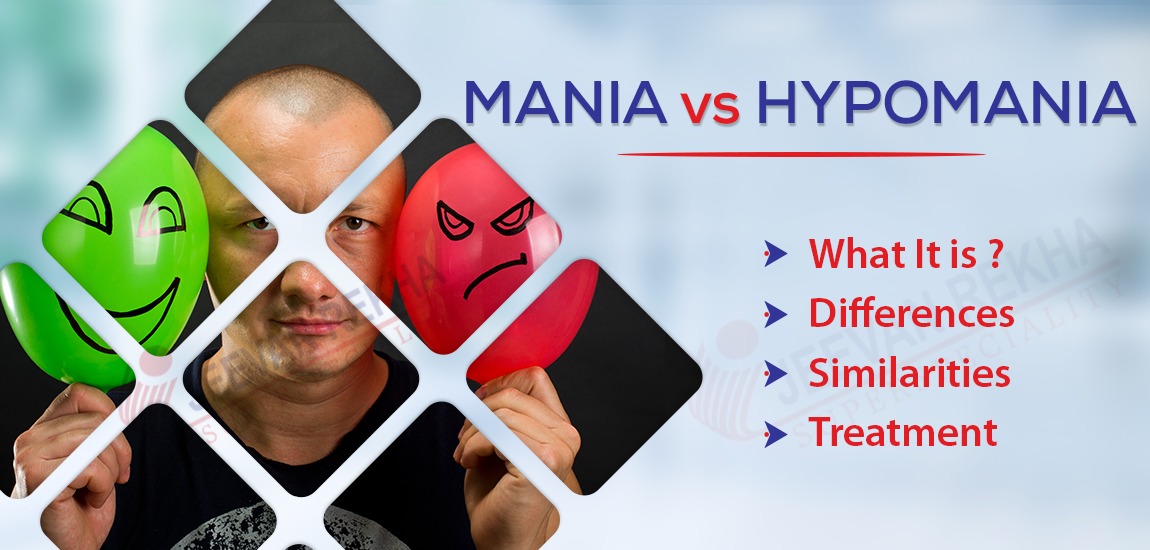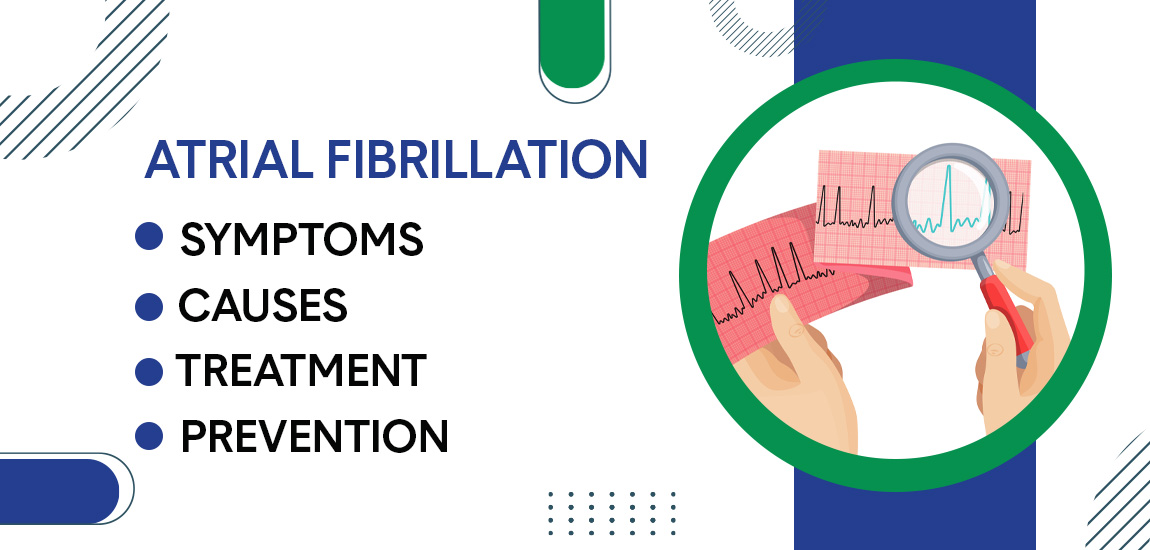
- By JRSH Admin
- In Health and Tips,
- Posted July 07, 2023
Dementia: Symptoms, Types, Causes, Risk Factors, Diagnosis & Treatment
What is Dementia?
A person with dementia loses their ability to think, recall, pay attention, reason logically, and perform other mental tasks. Symptoms such as these can make it difficult to function socially or professionally.
Dementia is caused by a variety of factors. Damage or illness occurs to the brain areas responsible for memory, decision-making, language, and learning.
A significant neurocognitive disorder can also be described as such. There is no such thing as dementia. This is a collection of symptoms caused by various illnesses.
It is estimated that 5%–8% of people over 65 suffer from dementia. Every five years, the percentage doubles after the age of 65. Dementia affects up to fifty percent of adults over the age of eighty.
Also Read: What Is Nasal Vestibulitis
Types of Dementia:
A group of symptoms characterized by a cognitive loss that is severe enough to impede daily functioning are together referred to as dementia. Dementia comes in a variety of forms, each with unique characteristics and underlying reasons. Some of the most types of dementia are listed below:
- Alzheimer's disease: With 60 to 70 percent of cases, this is the most common type of dementia. It is characterized by the buildup of aberrant protein deposits (amyloid plaques and tau tangles) in the brain, which causes memory, thinking abilities, and behavior to gradually deteriorate.
- Vascular dementia: This particular form of dementia is brought on by damage to the brain's blood vessels, frequently as a result of a stroke or other vascular issues. Decision-making, attention, and walking issues are just a few examples of the symptoms, which can appear suddenly or grow gradually.
- Lewy body dementia: The development of aberrant protein deposits in the brain known as Lewy bodies is a defining feature of Lewy body dementia. Cognitive decline, visual hallucinations, erratic alertness, and motor symptoms including tremors and rigidity are among the symptoms it shares with both Parkinson's disease and Alzheimer's disease.
- Frontotemporal dementia (FTD): The frontal and temporal lobes of the brain degenerate, which results in this type of dementia. FTD frequently causes changes in social behavior, emotional blunting, and linguistic issues since it typically affects behavior, personality, language, and executive functioning.
- Parkinson's disease dementia: Parkinson's disease is mostly recognized for its motor symptoms, but over time, many people with Parkinson's also experience dementia. Memory, attention, and executive function issues are common in this particular type of dementia.
- Mixed dementia: In some cases, people may suffer from a mix of different dementias, most frequently Alzheimer's disease and vascular dementia. A combination of the symptoms from both dementias appears in mixed dementia.
- Creutzfeldt-Jakob disease (CJD): The rare, fatal brain condition known as CJD is brought on by aberrant proteins known as prions. Along with other neurological symptoms like muscle stiffness, uncontrollable movements, and vision issues, it causes dementia that advances quickly.
Causes of Dementia:
Dementia results from damage to the brain. Dementia damages the nerve cells in your brain, which makes it impossible for your brain to communicate with the rest of your body. A blocked blood supply to the brain can also cause dementia, preventing oxygen and nutrients from getting to the brain. Brain tissue can't survive without oxygen and nutrients.
The symptoms you experience will depend on the part of your brain that is damaged. Some forms of dementia are incurable and get worse over time. It is also possible to develop dementia from other illnesses which have an impact on your brain.
Different medical conditions can also cause symptoms similar to dementia. Dementia symptoms are treatable and can be reversed in many cases.
Also Read: Brown Spot on Your Eye
Symptoms of Dementia:
Here are some common symptoms of dementia:
- Memory loss: One of the most prominent early signs of dementia is memory loss, especially difficulty remembering recent events or important information. This may include forgetting names, places, or appointments.
- Difficulty with communication: People with dementia may struggle to find the right words or have trouble following a conversation. They may also repeat themselves or have trouble expressing their thoughts coherently.
- Impaired judgment and decision-making: Dementia can lead to poor judgment and decision-making abilities. Individuals may have difficulty making plans, managing finances, or making appropriate choices.
- Confusion and disorientation: A person with dementia may become easily confused about time, place, and familiar surroundings. They may forget where they are or how they got there and may experience difficulties with orientation.
- Changes in mood and personality: Dementia can cause significant changes in a person's mood and behavior. They may become irritable, anxious, or depressed. Their personality may undergo noticeable changes, leading to increased apathy or withdrawal from social activities.
- Difficulty performing familiar tasks: Individuals with dementia may struggle to complete everyday tasks that were once routine and familiar to them. This could include difficulties with cooking, using household appliances, or managing personal hygiene.
- Problems with abstract thinking: Dementia can impair a person's ability to think abstractly, solve problems, or reason logically. They may struggle with tasks that involve numbers, calculations, or complex thinking.
- Loss of initiative: A person with dementia may lose motivation and interest in activities they used to enjoy. They may become passive and require prompting to engage in activities or social interactions.
Risk Factors of Dementia:
Here are some of the key risk factors associated with dementia:
- Age: Dementia is most commonly associated with advanced age. The likelihood of developing dementia increases significantly after the age of 65, and the risk doubles approximately every five years thereafter.
- Family History and Genetics: Having a family history of dementia, particularly in first-degree relatives (such as parents or siblings), can increase the risk of developing the condition. Certain genetic factors, such as specific gene mutations like the Apolipoprotein E (APOE) ε4 allele, also contribute to increased risk.
- Down Syndrome: People with Down syndrome are at a higher risk of developing dementia, usually Alzheimer's disease, as they age.
- Cardiovascular Risk Factors: Conditions that affect the heart and blood vessels, such as high blood pressure, high cholesterol, diabetes, and obesity, can increase the risk of dementia. Maintaining a healthy cardiovascular system is crucial for brain health.
- Lifestyle Factors: Certain lifestyle choices and behaviors can influence the risk of developing dementia. These include Smoking, Physical Inactivity, Poor Diet, Excessive Alcohol Consumption, and Head Injuries.
- Mental and Social Stimulation: A lack of mental stimulation, social engagement, and educational opportunities throughout life may contribute to the development of dementia.
- Depression and Isolation: Chronic depression, social isolation, and a lack of social support have been associated with an increased risk of dementia.
Diagnosis of Dementia:
There is not a single test that can tell if someone has dementia. Alzheimer's disease and other forms of dementia are identified by doctors based on a thorough medical history, physical examination, laboratory tests, and the distinctive cognitive, functional, and behavioral changes that are unique to each type.
A person's dementia can be identified with a high degree of certainty by medical professionals. However, because the signs and brain changes of various dementias can be similar, it can be challenging to pinpoint the precise type of dementia.
A diagnosis of "dementia" without a type may be made by a doctor in some circumstances. A specialist visit with a neurologist, psychiatrist, psychologist, or geriatrician might be required if this happens.
Treatment of Dementia:
It's important to note that while some treatments may help manage symptoms, there is currently no cure for most types of dementia, including Alzheimer's disease, which is the most common form.
Here are some common approaches and strategies used in the treatment of dementia:
- Medications: Certain medications can help manage cognitive symptoms and behavioral changes associated with dementia. These include cholinesterase inhibitors (such as donepezil, rivastigmine, and galantamine) and memantine. These medications may have varying degrees of effectiveness and potential side effects, so their use should be discussed with a healthcare professional.
- Nonpharmacological interventions: Various non-drug interventions can be beneficial in managing dementia symptoms. These include cognitive stimulation therapy, reminiscence therapy, reality orientation therapy, and music or art therapy. These interventions aim to engage and stimulate individuals with dementia, enhance their cognitive function, and improve their overall well-being.
- Lifestyle modifications: Encouraging a healthy lifestyle can help slow down the progression of dementia and improve the quality of life. This includes regular physical exercise, a balanced diet, maintaining social connections, participating in mentally stimulating activities, and managing other health conditions like diabetes and hypertension.
- Environmental modifications: Creating a safe and supportive environment is important for individuals with dementia. This may involve simplifying the living space, removing hazards, ensuring proper lighting, using visual cues, and establishing a routine to provide structure and familiarity.
- Support for caregivers: Dementia not only affects the individual but also places a significant burden on caregivers. Providing support and resources for caregivers is essential. This can include education about dementia, support groups, respite care services, and assistance with caregiving tasks.
- Treatment of underlying conditions: In some cases, dementia symptoms may be caused or exacerbated by underlying conditions such as depression, thyroid disorders, vitamin deficiencies, or medication side effects. Treating these conditions or adjusting medications may help alleviate or improve dementia symptoms.
Tags
Blog Search
Latest Posts
-
Dark Circles Under The Eyes: Causes, Home Remedies and Treatments
December 21, 2025 -
बर्ड फ्लू के लक्षण, कारण, उपचार और बचाव के उपाय जानें
December 04, 2025 -
Best Diet Plan for Menopause Weight Management
November 25, 2025 -
Pulmonary Fibrosis Treatment: Understanding Lung Scarring and Breathing Problems
November 21, 2025 -
Arrhythmia: Types, Causes, Symptoms, and Treatment
November 07, 2025




